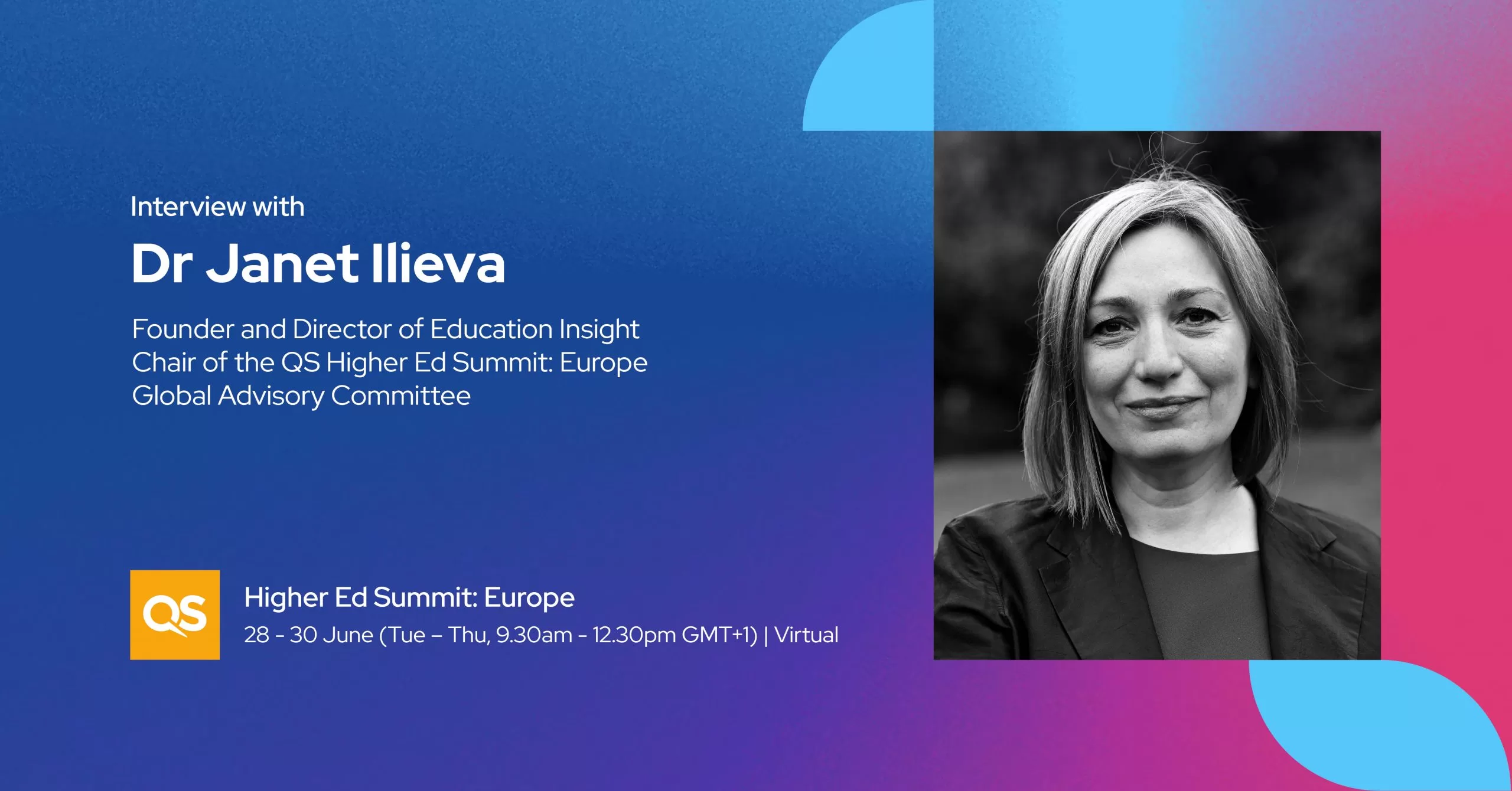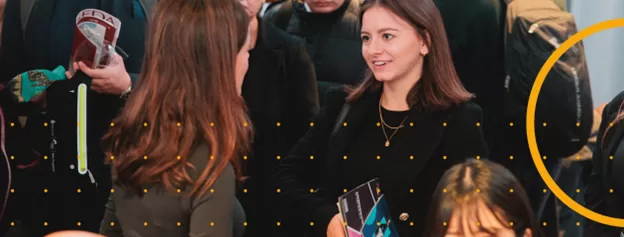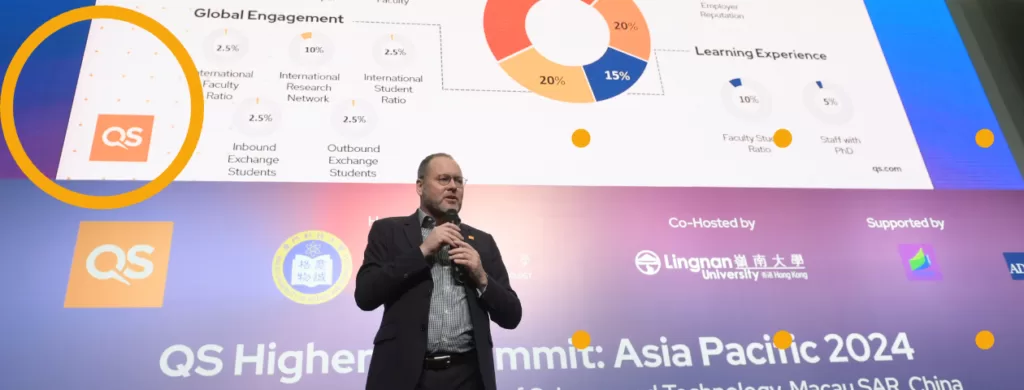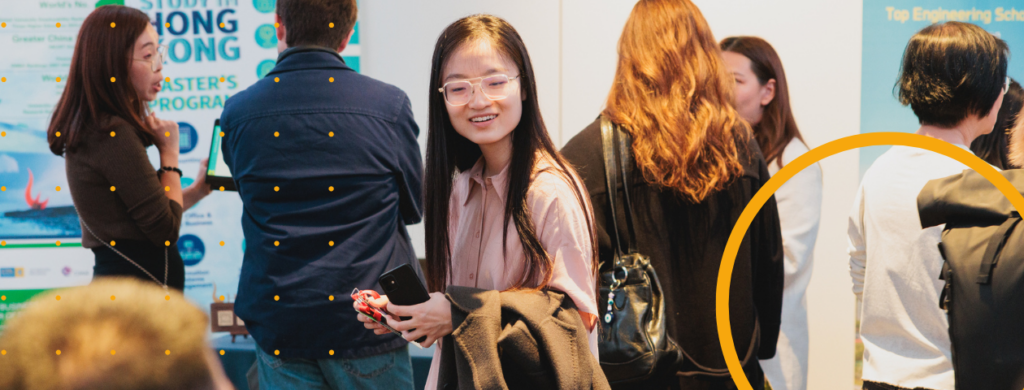
The QS Higher Ed Summit: Europe 2022 has begun! We take a closer look at one of the conference’s pertinent topics of discussion:
With more than half of the world’s population on social media, it’s easier than ever for misinformation to spread rapidly. User-generated content allows almost anyone with internet access to share information – with those on the receiving end often unable to clearly distinguish between valid and false claims.
Misinformation is more than a nuisance – it can have a serious and tangible impact on the world – particularly when it comes to tacking social injustice. For example, despite ample studies proving the existence of climate change, fake news stories have been shown to be delaying efforts “to reduce greenhouse gas emissions and adapt to their impacts” and that the fossil fuel industry has “engaged in a decades-long campaign to question climate science and delay action”.
So, what role do universities have in tackling misinformation? With a wealth of resources and expertise at their fingertips, is it the duty of a higher education institution to actively speak out against false claims? Do universities have a responsibility to improve media literacy among their students? And to what extent should the information they have be used to fight social injustice?
These questions, and many more, will be investigated at this year’s QS Higher Ed Summit: Europe, ‘Crisis Management: Remaking European higher education amid unfolding social realities’, taking place virtually 28-30 June 2022 (Tuesday – Thursday, 9.30am-12.30pm GMT+1).
Register for the QS Higher Ed Summit
 Dr Janet Ilieva, the founder and director of Education Insight, will be moderating ‘Panel Discussion 2: Social Justice and Misinformation’ at the summit.
Dr Janet Ilieva, the founder and director of Education Insight, will be moderating ‘Panel Discussion 2: Social Justice and Misinformation’ at the summit.
At Education Insight, a research consultancy which specialises in international higher education, the value of accurate information is undeniable:
“Robust data and policy analysis inform our work,” says Dr Ilieva. “For example, as part of our research into the contribution of higher education and international partnerships to the Sustainable Development Goals, we developed the Global Engagement Index: a tool to help benchmark the relative strengths and weaknesses of UK higher education and the performance of different institutions across 30 measures.
Speaking on the “critical importance” of media literacy, not just for students but for the wider society, Dr Ilieva says: “As we will hear in the Social Justice and Misinformation session, media literacy translates into accurately capturing and interpreting information and responsibly creating content.
The session will introduce the concept of measuring media literacy across nations and identifying points when societies are most vulnerable.
She continued: “Typically, reducing the value of higher education to graduate earnings overlooks wider benefits that consider the geographical region (deprived areas vs. affluent) and the sectors (public vs private) in which graduates seek employment. Often, the discourse surrounding the value of higher education manifests as a contradiction between state-controlled information and decision-making on the one hand and the universities’ role in knowledge creation and telling the truth on the other. This is a difficult contradiction to navigate.”
To hear Dr Ilieva and fellow experts in the field of higher education discuss the dynamic:



